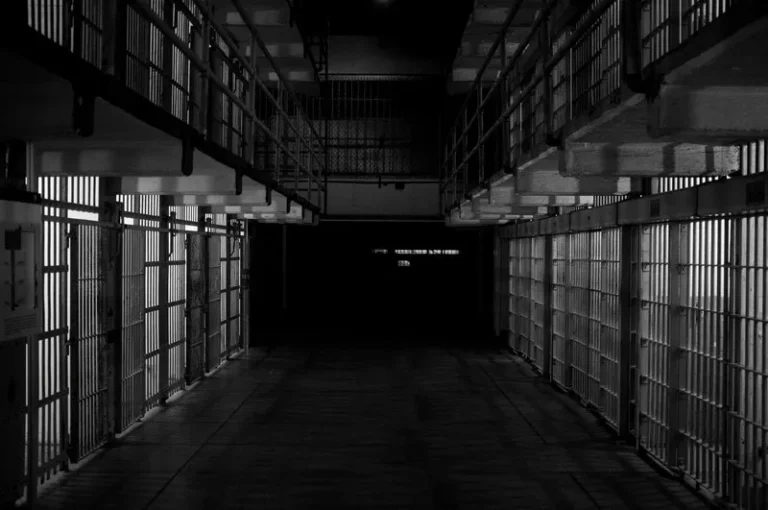
What Is a Crime?
Crime, at first glance, might seem like a straightforward concept—an act deemed unlawful by governing authorities. However, from a sociological perspective, crime is far more multifaceted and includes considerations related to power, social norms, cultural values, and historical context. When…









